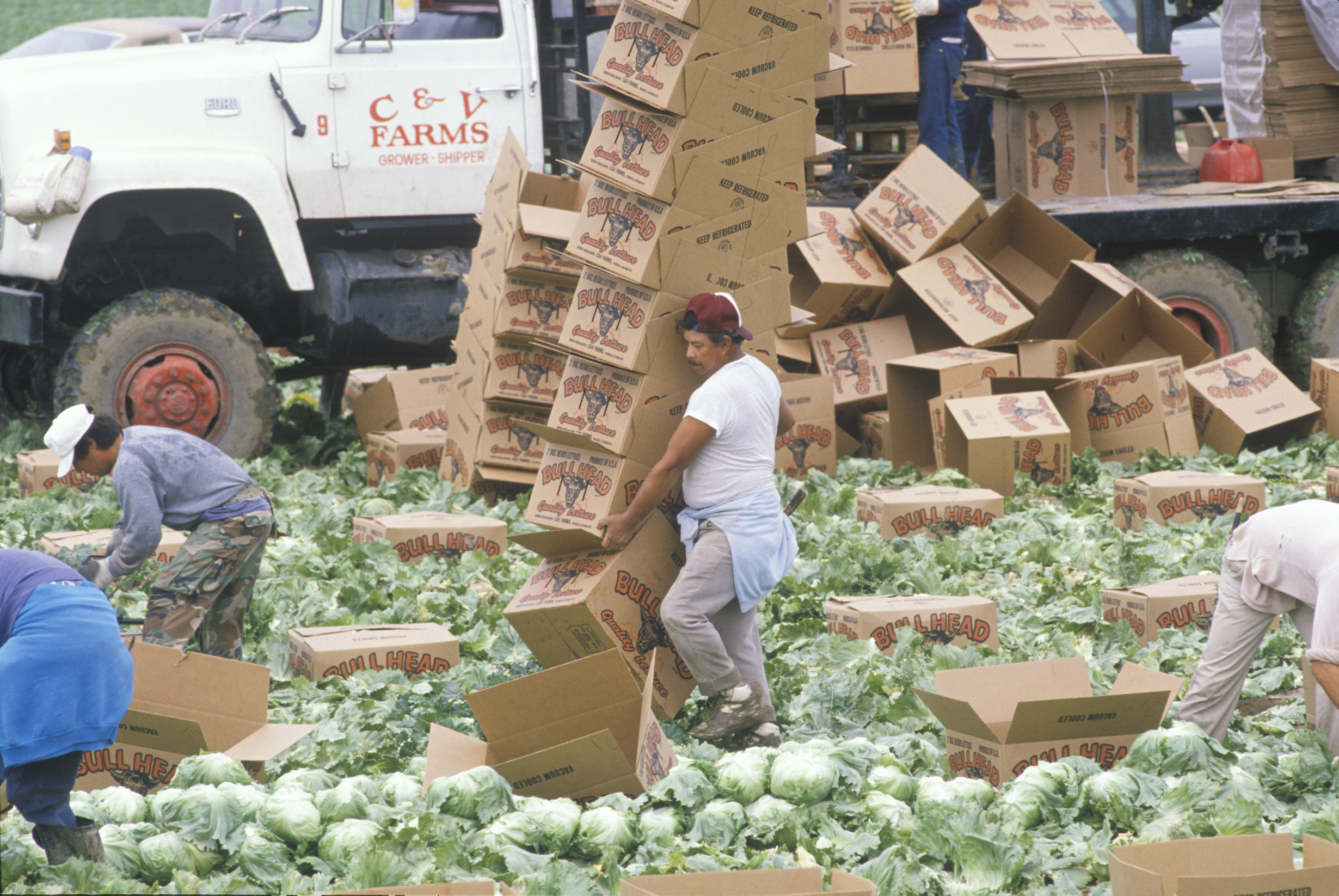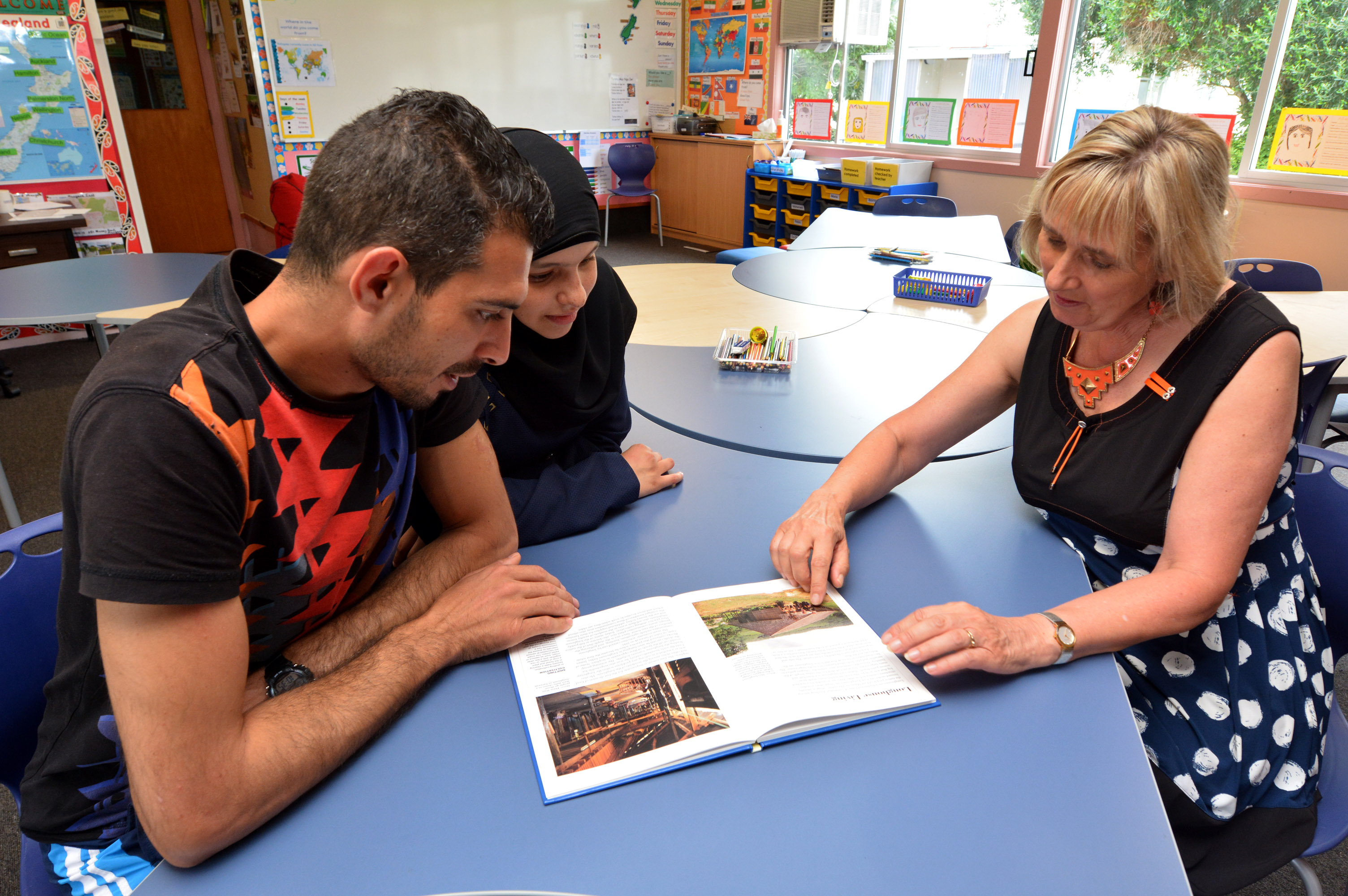One of the remarkable things I realised when I started working on refugee issues as an economist is how much it matters where refugees start their life in a new host country. This was a real surprise to me.
At first I thought, this is quite extraordinary. If I were to help refugees resettle to New York, they’re entirely free to get up and move to Ohio if they wish. And if I resettle them in London, they could move to Birmingham and vice versa. Yet, there was overwhelming evidence that the initial place to which refugees resettled really matters for their economic outcomes and, most extraordinarily, that of their children.
We found that if a refugee is resettled to an area that poorly matches their skills, there can be a real impact. If they are unable to find a job, then not only do they suffer economically over their lifetime but so do their children and even their grandchildren.


